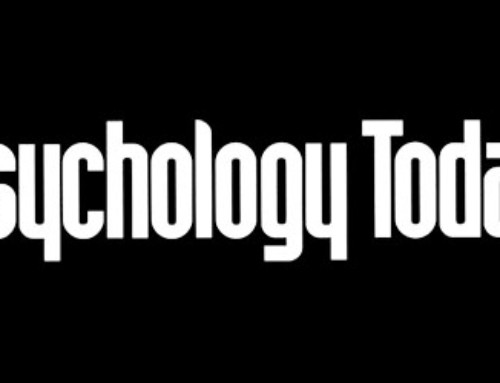“Tis impossible to be sure of anything but Death and Taxes.” From Christopher Bullock, the Cobler of Preston (1716). Often attributed to Benjamin Franklin.
“The only thing we can count on is death and taxes.” So goes a standard version of one of the most famous quotes that’s been passed along for generations. And while it has the ring of truth, it is only a half-truth. Death eventually happens to everything that exists, and taxes can be inflated, conflated, interpreted, and misinterpreted in a number of ways. This straightforward yet misinterpreted quote should be more holistic and forward-thinking. The two unavoidable concepts in our brave new technologically-driven 21st century life are life and community, turning this grim pairing on its head. You can’t have death without life, and you can’t pay taxes unless you’re a part of something bigger than yourself.
Regardless of what you may think about paying taxes, paying them indicates you are part of a community. And despite how annoyed you may be with people in your close circle, your family, your community, or the country at large, our minds and bodies have been engineered through thousands of years of evolution to crave companionship. We have evolved and been socially formed to need each other. And taxes go toward the good of all, or what the founding father referred to as ‘the commons.’ Our society’s public buildings, parks, bridges, beaches — spaces and structures we all use are paid for by us. In a reasonable social contract, we agree to take care of our community spaces — so all aspects are integrated and functioning. And, even though it isn’t a sexy topic, thanks to Superstorm Sandy, repairing and updating our country’s infrastructure is now a hot topic. We need to have a functioning government, paid for by the community of our country, to take care of people in dire need. The blending of community and the commons are essential aspects of how our democracy works.
Viewing the world through the lens of an entire lifecycle is a more intricate, wider-view than our culture wants us to experience all that often, if ever. Deeper understanding of lifecycles takes focus and dedication, and when doing so one runs the risk of exposing themselves to the powerful emotions and spiritual awakenings that may result. It’s far easier to zone out with the myriad distractions the digital world offers, rather than face the emotionally draining, and sometimes blinding light of truth.
When you consider the endgame scenario of an entire lifespan — whether it is a person, a community, or a nation… it comes with unavoidable sadness and feelings of impending loss. The wonder of childhood, and the beginnings of new enterprises are often fondly looked back upon through rose-tinted glasses, and the struggles we overcome are long forgotten and replaced with grown-up concerns. Through the years, perspectives change and we grow and accumulate knowledge. Favored heroes and loathed villains alike become increasingly hard to differentiate. It has become fashionable in conservative circles to portray our system of government as a villain, especially by calling it “big government.” This misguided idea has led only to confusion, misdirection, and a refusal to accomplish even the simplest tasks or provide the most fundamental services. Who could have imagined that one day communities would be going without firemen due to budget shortfalls?
If we think only about the base level of what must be accomplished, and don’t hold ourselves to higher goals and aspirations, we wind up with a sameness in our lives, our language, and our world. Certainly, taxes and death figure into the category of things that must be done. One sooner, and one eventually. Striving to create better lives for our families, and our communities begins with thinking and voicing the types of changes we’d like to have happen. Language shapes our thoughts, or as the late great George Carlin put it: “We do think in language. And so the quality of our thoughts and ideas can only be as good as the quality of our language.” As the author of “How Language Shapes Thought,” Lera Boroditsky, an Assistant Professor of Psychology at Stanford University and Editor in Chief of Frontiers in Cultural Psychology. She has reintroduced the notion that the language we use can actually change our viewpoint and shape thought, simply by the structure of that language. Her studies show how speakers of different languages differ in how they describe events, how they remember events during the day, and how different cultures consider such a fundamental experience as the concept of time.
Viewing everyday objects around us by more than their function would be beneficial. When you begin thinking about a “house” as “housing” it strips away other meanings associated with the word, such as “home” “family” and “community.” Think about how words have been twisted by cultural arbiters and forms of mass communication. Real life difficult decisions should be based upon taking in more information, not less. We’ll become more adaptable to our digital future by thinking about our lives in a more complex way, not by reducing what connects us all on an emotional level to categories. strategies, and misused words.
We can take language to heart, adjust it, and make it more personal. We can give ourselves more motivation and aid our reinvention process. There’s far more to our lives than death and taxes, even though newscasters and pundits often seem as if they are selling disaster and constantly trying to make viewers sick with desperate messages about increasing taxation and imminent ruin. The complexity of our lives stretches far beyond outdated pessimistic attitudes and overly-simplistic expressions which add nothing to our days.




